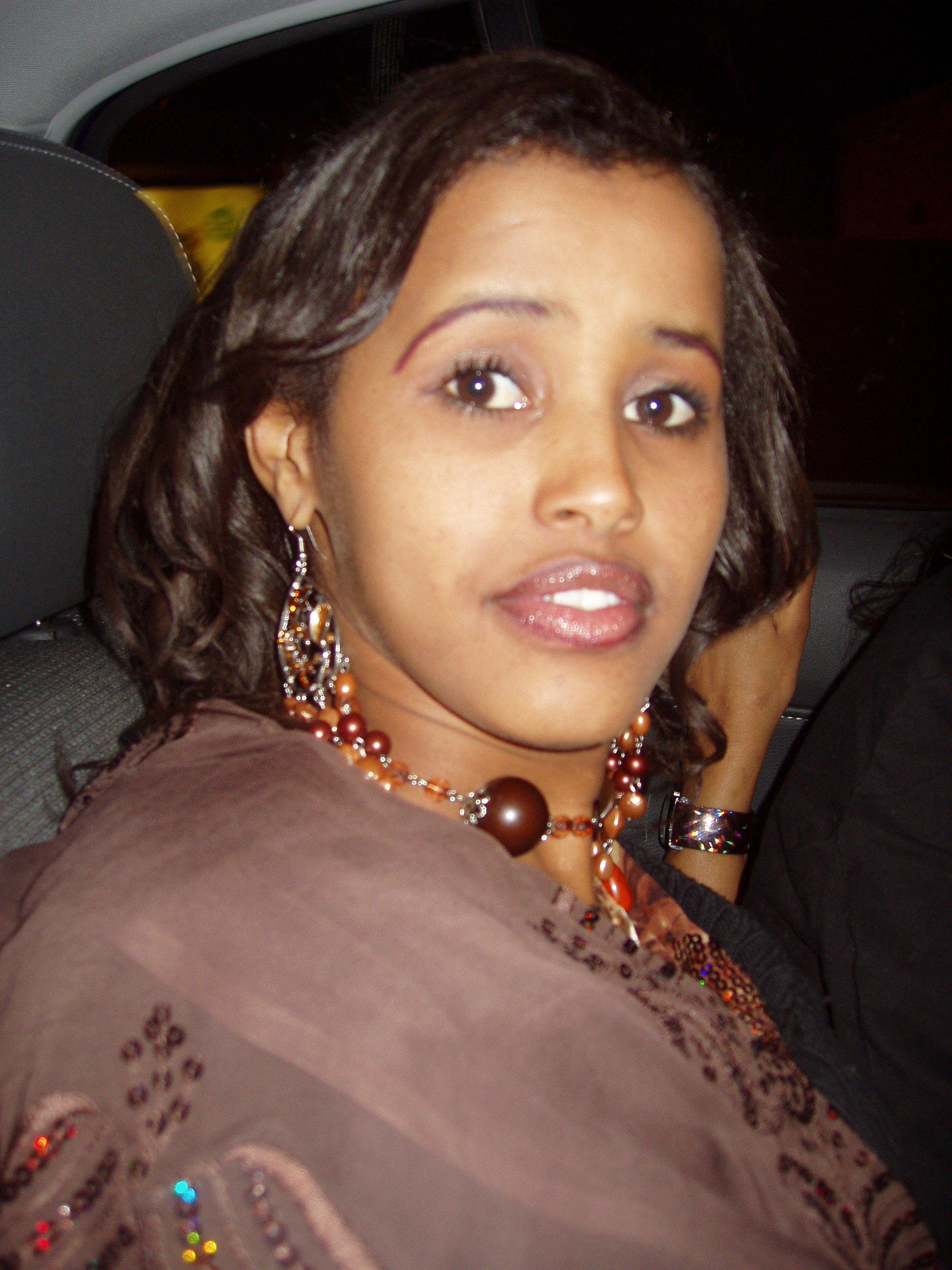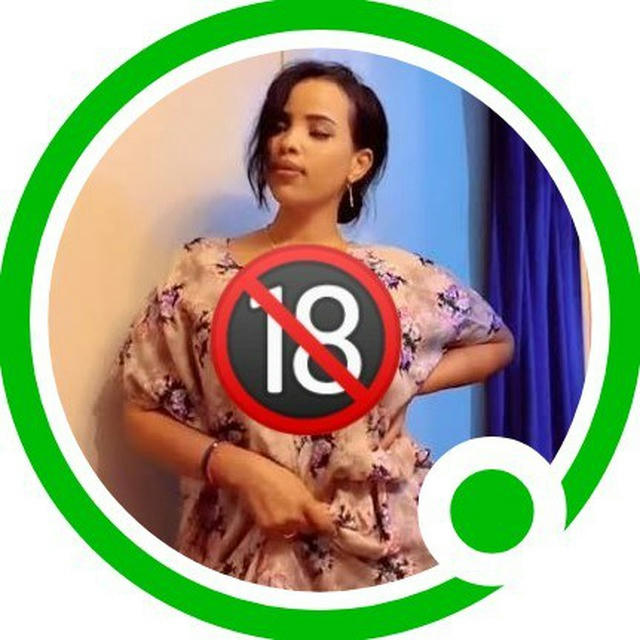Somali Wasmo Telegram Channels: The Ultimate Guide
| Category | Details |
|---|---|
| Topic Focus | Somali cultural expression and adult-themed content online ("wasmo somali") |
| Platform | Telegram (messaging app) |
| Community Size | Channels range from a few thousand to tens of thousands of members (e.g., "Qolka wasmo somali" with 48.7k members) |
| Content Type | Mixture of cultural content, entertainment, and adult-themed material. |
| Ethical Concerns | Potential for exploitation, misrepresentation of Somali culture, lack of regulation on harmful content. |
| Related Terms | "Qolka guurka somali" (Somali marriage room), "Somali nuudo wasmo" (Somali nude wasmo), "Dhilo somali channel" (Somali prostitute channel) |
| Reference | Telegram Official Website |
The existence of channels like "Qolka wasmo somali" (with a substantial membership of 48.7k) highlights the demand for such content within the Somali diaspora and beyond. Similarly, the presence of channels with names like "Wasmo cusub somali wasmada vip" and "Somali nuudo wasmo" suggests a desire for exclusive and explicit material. The call to "Join @wasmo_somalis on telegram for the latest updates and content" reflects the active nature of these online communities and the constant flow of new material. It's crucial to recognize that the term "wasmo" itself is a Somali word that, in its broadest sense, refers to sexual intercourse. However, in the context of these online channels, it often carries connotations beyond mere physical intimacy, encompassing a range of expressions, fantasies, and cultural interpretations. The inclusion of the term "Qolka guurka somali" (Somali marriage room) alongside these channels suggests a potential connection between traditional cultural practices and the evolving landscape of online relationships and sexual expression. This juxtaposition raises questions about the intersection of tradition and modernity in the digital age. The promotion of "wasmo somali telegram vip link" as "the golden ticket to a treasure trove of amazing content" reveals the allure and exclusivity associated with these channels. The promise of "backstage pass to the world of somali entertainment, culture, and more" suggests that these channels offer more than just explicit content; they also provide a glimpse into Somali culture, albeit through a specific lens. However, this raises concerns about the potential for misrepresentation and the reduction of a rich and diverse culture to a single genre of content. The act of "Somali wasmo download somali wasmo" underscores the accessibility and ease with which this type of content can be obtained. This raises concerns about the potential for illegal distribution, copyright infringement, and the exploitation of individuals featured in the content. The categorization of content into different themes, such as "naagaha laqaboh labaradooda" (women being caught in their underwear), "kalakiso labarkeeda" (women lifting their skirts), and "wasmo caadi" (normal sex), reveals the diverse range of interests and fetishes catered to within these communities. The inclusion of "group ka caruurta" (children's group) in this list is deeply disturbing and raises serious concerns about the potential for child exploitation and abuse. The promotion of channels like "Dhilo somali channel" (Somali prostitute channel) highlights the darker side of these online communities, where exploitation and the commodification of individuals are prevalent. The call to "La soco muuqaaladii u dambeeyey ee soomaalida wasmo @somaliraxo" (Follow the latest Somali wasmo videos @somaliraxo) suggests a constant demand for new and explicit content, further fueling the potential for exploitation. The invitation to "Welcome to somali wasmo channel admin @walaalkah 0686434065" reveals the existence of individuals who curate and manage these channels, potentially profiting from the distribution of content. The use of phone numbers for contact purposes raises concerns about the potential for scams, harassment, and other forms of online abuse. The repeated phrase "If you have telegram, you can view and join..." emphasizes the accessibility of these channels to anyone with a Telegram account. This underscores the need for greater awareness and education about the potential risks and ethical considerations associated with engaging in these online communities. The promotion of channels like "@somaliwasmochannell" and "somali nuda wasmo" highlights the constant proliferation of new channels and the difficulty of regulating the spread of such content. The emergence of "wasmo somali" channels on Telegram reflects a complex intersection of cultural expression, online communities, and adult-themed content. While these channels may provide a platform for shared interests and cultural exchange, they also raise serious ethical concerns about exploitation, misrepresentation, and the potential for harm. It is crucial for platform providers, content creators, and users to engage in responsible online behavior and to promote ethical standards within these digital spaces. A deeper understanding of the cultural context, the potential for exploitation, and the legal ramifications is necessary to navigate the complexities of "wasmo somali" in the digital age. The line between cultural expression and exploitation blurs in these online spaces, demanding careful consideration and ethical engagement. The digital landscape provides unprecedented opportunities for cultural exchange and community building. However, it also presents challenges in regulating harmful content and ensuring ethical online behavior. The phenomenon of "wasmo somali" channels on Telegram highlights the need for ongoing dialogue, education, and responsible platform governance to protect individuals and promote a healthy online environment. The allure of exclusive content and the anonymity offered by these platforms can be deceptive, masking the potential for exploitation and the misrepresentation of cultural values. A critical approach to online engagement and a commitment to ethical principles are essential to navigate the complexities of the digital world. The creation of online spaces centered around "wasmo somali" raises fundamental questions about the boundaries of free expression, the responsibility of platform providers, and the potential impact on cultural identity. While some may argue that these channels provide a safe space for individuals to explore their sexuality and connect with others who share their interests, others may view them as exploitative and harmful to the Somali community. A nuanced understanding of the cultural context, the potential for abuse, and the legal ramifications is necessary to engage in a meaningful discussion about this complex issue. The ease with which such content can be created and disseminated underscores the need for greater media literacy and critical thinking skills among users of online platforms. The existence of channels dedicated to "wasmo somali" reflects a broader trend of online communities forming around niche interests and adult-themed content. While this is not unique to the Somali community, the cultural context and the potential for misrepresentation add another layer of complexity to the issue. It is important to avoid generalizations and to recognize that the views and experiences of individuals within the Somali community may vary widely. A respectful and informed approach is necessary to engage in a productive dialogue about the ethical implications of these online spaces. The challenge lies in balancing the rights of individuals to express themselves freely with the need to protect vulnerable populations and to promote responsible online behavior. The digital age has brought about a paradigm shift in how we connect, communicate, and consume information. While the internet offers unprecedented opportunities for learning, creativity, and social interaction, it also presents challenges in regulating harmful content and promoting ethical online behavior. The phenomenon of "wasmo somali" channels on Telegram serves as a reminder of the complexities and potential pitfalls of the digital landscape. A critical and informed approach is essential to navigate these challenges and to create a more responsible and equitable online environment. The responsibility lies with platform providers, content creators, and individual users to promote ethical standards and to protect vulnerable populations from exploitation and harm. The proliferation of online communities centered around "wasmo somali" underscores the need for greater awareness and education about the potential risks and ethical considerations associated with engaging in such content. While some may view these channels as harmless entertainment, others may see them as exploitative and harmful to the Somali community. A balanced and nuanced perspective is necessary to understand the complexities of this issue. The challenge lies in promoting responsible online behavior without infringing on the rights of individuals to express themselves freely. The key is to foster a culture of respect, empathy, and critical thinking within online communities. The emergence of "wasmo somali" channels on Telegram reflects a broader trend of online communities forming around niche interests and adult-themed content. While this is not unique to the Somali community, the cultural context and the potential for misrepresentation add another layer of complexity to the issue. It is important to avoid generalizations and to recognize that the views and experiences of individuals within the Somali community may vary widely. A respectful and informed approach is necessary to engage in a productive dialogue about the ethical implications of these online spaces. The challenge lies in balancing the rights of individuals to express themselves freely with the need to protect vulnerable populations and to promote responsible online behavior. The digital age has brought about a paradigm shift in how we connect, communicate, and consume information. While the internet offers unprecedented opportunities for learning, creativity, and social interaction, it also presents challenges in regulating harmful content and promoting ethical online behavior. The phenomenon of "wasmo somali" channels on Telegram serves as a reminder of the complexities and potential pitfalls of the digital landscape. A critical and informed approach is essential to navigate these challenges and to create a more responsible and equitable online environment. The responsibility lies with platform providers, content creators, and individual users to promote ethical standards and to protect vulnerable populations from exploitation and harm. The existence of channels dedicated to "wasmo somali" raises fundamental questions about the boundaries of free expression, the responsibility of platform providers, and the potential impact on cultural identity. While some may argue that these channels provide a safe space for individuals to explore their sexuality and connect with others who share their interests, others may view them as exploitative and harmful to the Somali community. A nuanced understanding of the cultural context, the potential for abuse, and the legal ramifications is necessary to engage in a meaningful discussion about this complex issue. The ease with which such content can be created and disseminated underscores the need for greater media literacy and critical thinking skills among users of online platforms. The promotion of channels like "Dhilo somali channel" (Somali prostitute channel) highlights the darker side of these online communities, where exploitation and the commodification of individuals are prevalent. The call to "La soco muuqaaladii u dambeeyey ee soomaalida wasmo @somaliraxo" (Follow the latest Somali wasmo videos @somaliraxo) suggests a constant demand for new and explicit content, further fueling the potential for exploitation. The invitation to "Welcome to somali wasmo channel admin @walaalkah 0686434065" reveals the existence of individuals who curate and manage these channels, potentially profiting from the distribution of content. The use of phone numbers for contact purposes raises concerns about the potential for scams, harassment, and other forms of online abuse.
- Trauer Amp Gedenken 40 Tage Nach Tod Schne Bilder Name
- Flohmarkt Kln Ikea Butzweilerhof Termine In Deiner Nhe

Unlocking The Secrets Of Wasmo Somali Telegram VIP 2025

WASMO SOMALI VIP 🇸🇴 Telegram channel somaliavipwasmo Telemetrio

Unveiling The Truth About Link Wasmo Somali Telegram A Comprehensive Guide